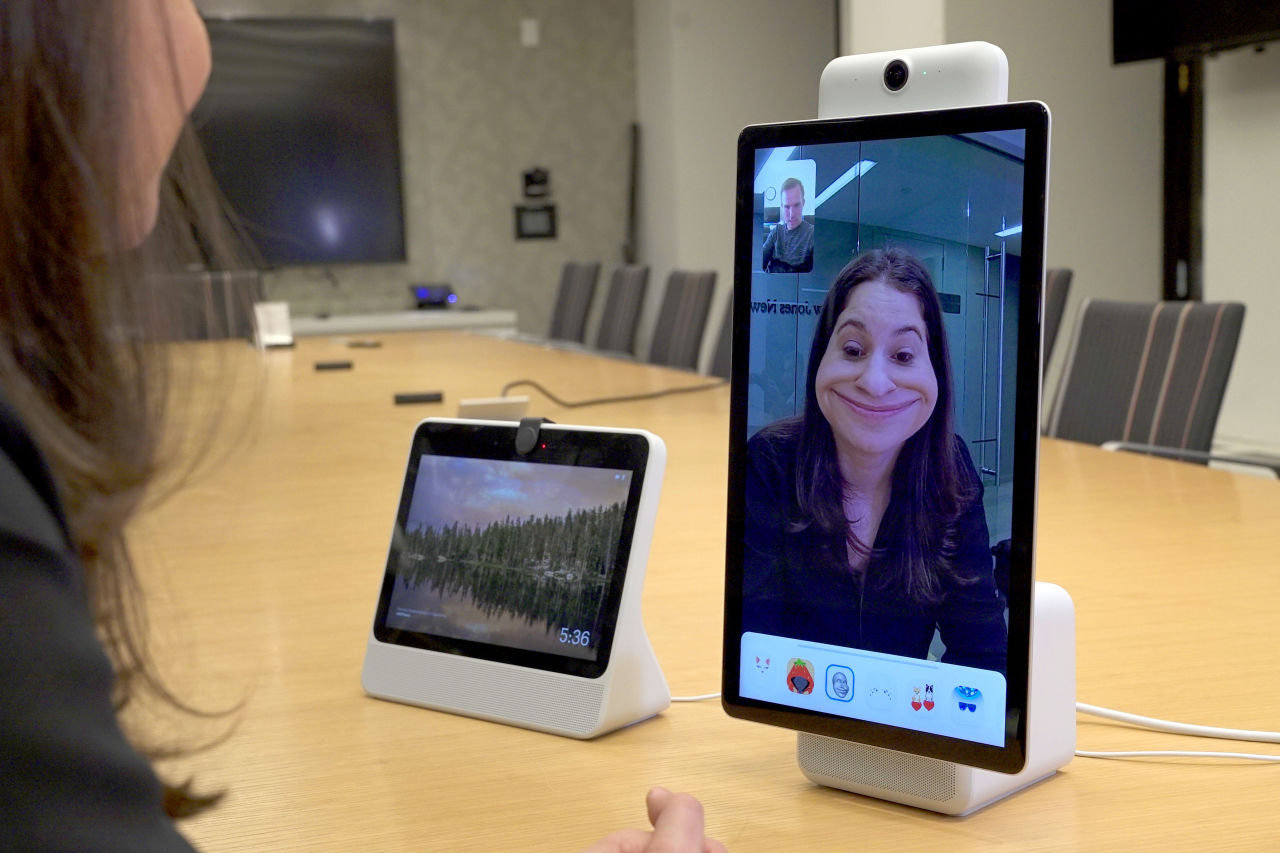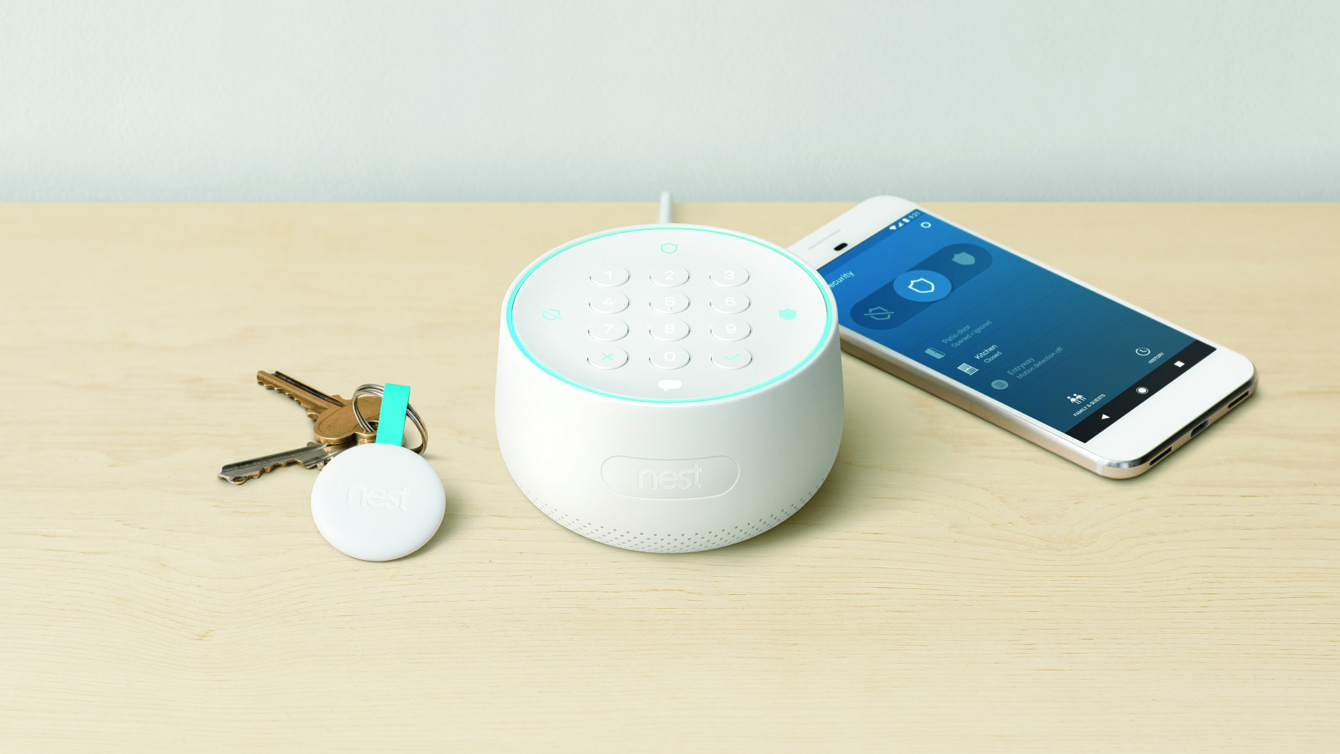Where did the Early Adopters go?

A curious article came out on Medium from Jesse Weaver, director of the entrepreneurial design studio at Boulder University, Colorado. He analyzes what happens to early adopters - the first 10-15% of your market, which the sea knee-deep, just let pull Google Glass over the Spectacles snapchat.
Jesse believes that the pioneers are fed up with gadgets and realized that this is all - such a game about:
- selling your profile to advertisers,
- fueling your behavior with big data and
- a rather invasive procedure to exhume your attention.
Hm.
A few stories about the main pranksters:

Facebook Portal - at the same time a video communication station and an awkward attempt to catch up with Google Home and Alex - when it enters the market, it is now marketed not by the first 10%, like other products of the company, but by an older audience. The latter, of course, are not early adoptors. They understand less about scandals with "gray schemes" through which Feibsuk uses personal data of users, and other troubles of the company.

Google Nest, in a sense, is such a crap that stands at your home and stubbornly collects data on the habits of your household, from the time you stay at home to how often you go outside and inside your apartment. Google recently forgot to report that a microphone was hidden in the Nest Guard smart device. The company simply did not mention it anywhere: neither in the specifications, nor in the instructions, nor in the advertising materials, until someone discovered it. Oops More and more people are wondering how much they need such happiness in exchange for $ 30-40 of electricity saved.

Samsung
A smart TV listens to what you say, and can send it all to a third party. A couple of years ago, several buyers came to exactly this conclusion, delving into user agreements for Samsung Smart TV . Imagine: once research companies like Gallup and Nelson made a fortune by listening to what shows and what kind of advertising viewers were watching. Companies did this with the permission of a small representative sample of people, naturally, for a fee. Why do you need Nelson when your telly knows all this about you, without your knowledge, and even with built-in sentiment analysis of your comments?
Hmmm.
The research Jesse refers to indicates a gradual decline in people's confidence in technocrats. In one of them, for example, scientists found that half of music lovers with streaming services are concerned about privacy issues.
Resume (without translation):
For years we have chosen to trust corporations with our personal data, but our enthusiasm is cracking. [...] As more of tech companies fail to handle that relationship with respect, does there come a point when our goodwill dries up? Will trust always be something we give, or will it become something that must be earned? At what point does the cost of adoption become too high?
It seems that early adopters realized that they were managing their data, and without permission, and very arrogant, and began to ask themselves uncomfortable questions, gradually cooling to smart pieces of iron. What's next? It is unlikely that tech companies will stop collecting data, but their focus at startup can shift to other user groups.
